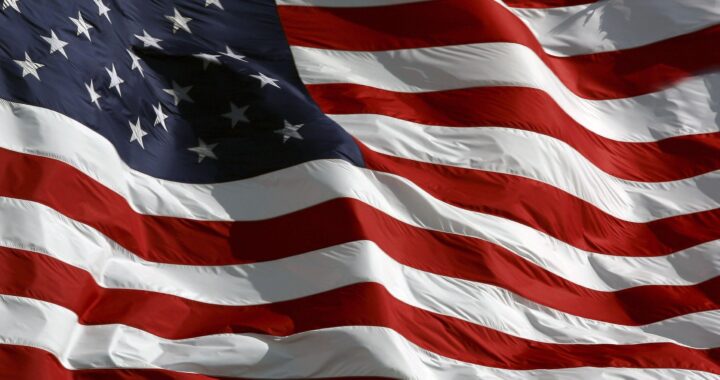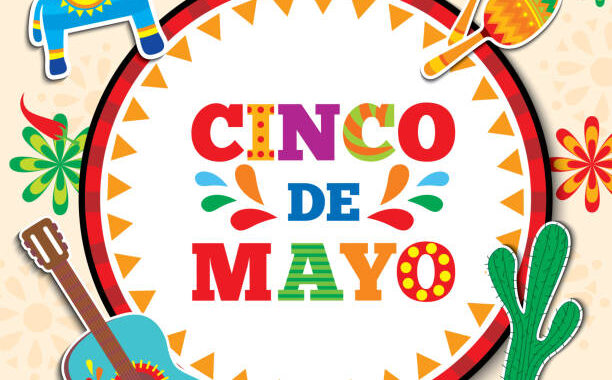History of April Fools Day
2 min read
By: Emily Clawson
The origin of April Fools’ Day is unknown, but theories place its start hundreds of years ago. Some theorize that the idea of April Fools’ Day dates back to ancient Rome and a festival called “Hilaria” which was held at the end of March. People would dress up in disguises and mock or imitate others. Many folklorists believe it may go back to 16th-century France. Charles IX decreed that the new year would begin on January 1. Back in those times, New Year’s Day was around Easter and there were spring festivals with a whole week of partying. Some folks were slow to catch on to the change, continuing to celebrate the new year. They quickly became the victim of jokes and pranks, including having paper fish put on their backs and labeled a “poisson d’avril,” meaning April fish. There are variations between countries in the celebration of April Fools’ Day, but all have in common an excuse to make someone play the fool. The reason for being labeled poisson d’avril (“April fish”), perhaps in reference to a young fish and hence to one that is easily caught. In Scotland the day is Gowkie Day, for the gowk, or cuckoo, a symbol of the fool and, on the following day signs reading “kick me” are pinned to friends’ backs. In many countries newspapers and the other media participate—for example, with false headlines or news stories. When asked if they pulled any pranks on others on April fools day Leia wolfe replied, “I do not normally prank others on April fools day it doesn’t interest me to prank them.” Also when interviewed Maddie Stein replied to being asked if she does anything for April fools day, “I sometimes prank my family members but I don’t do it every year.” This is some of the history on a holiday celebrated by almost every country in the world.



